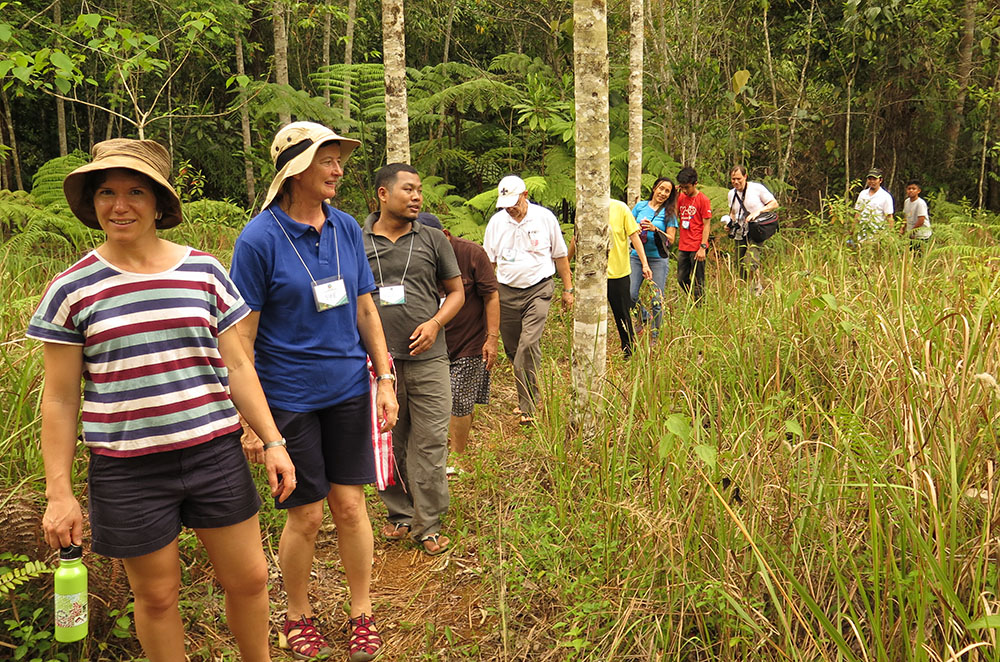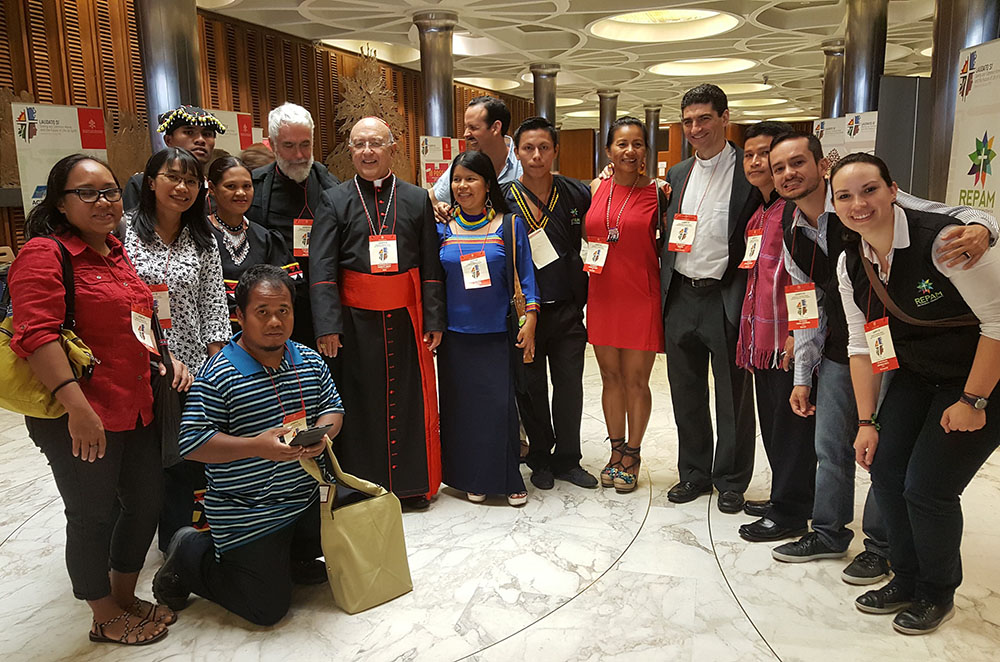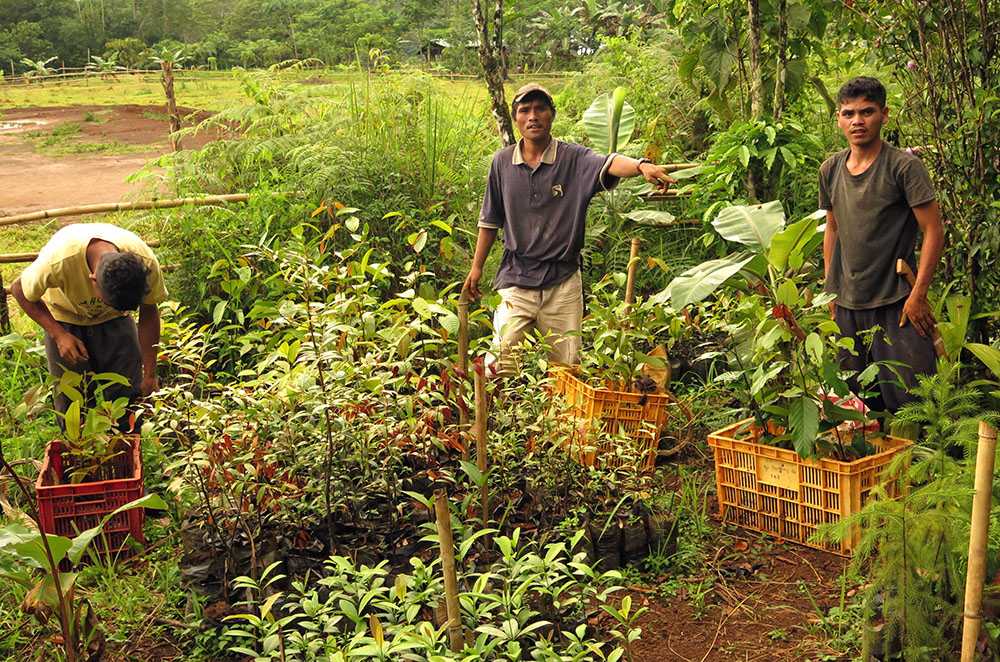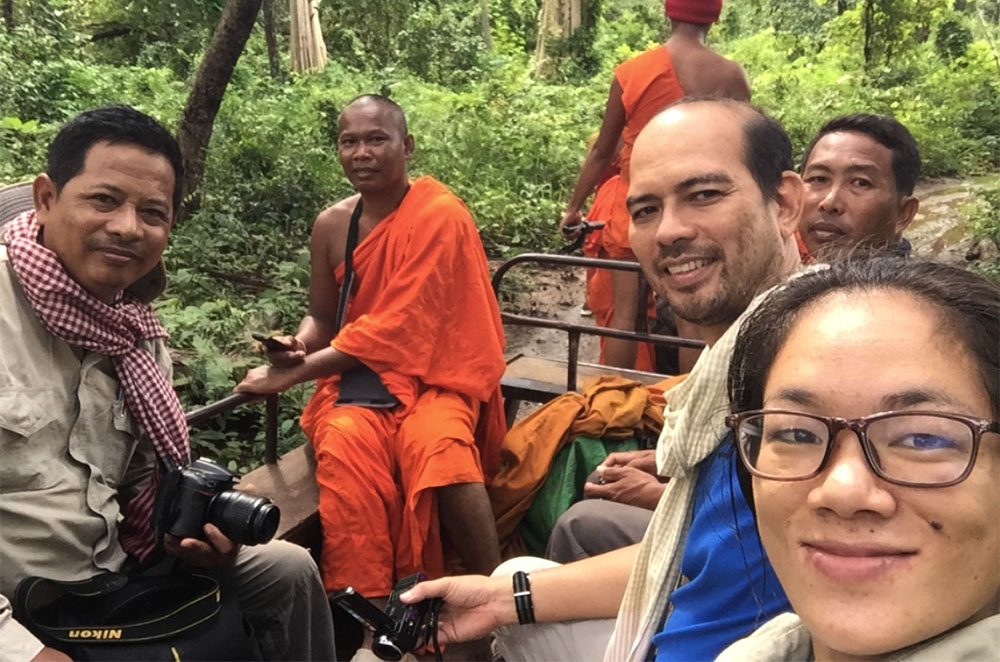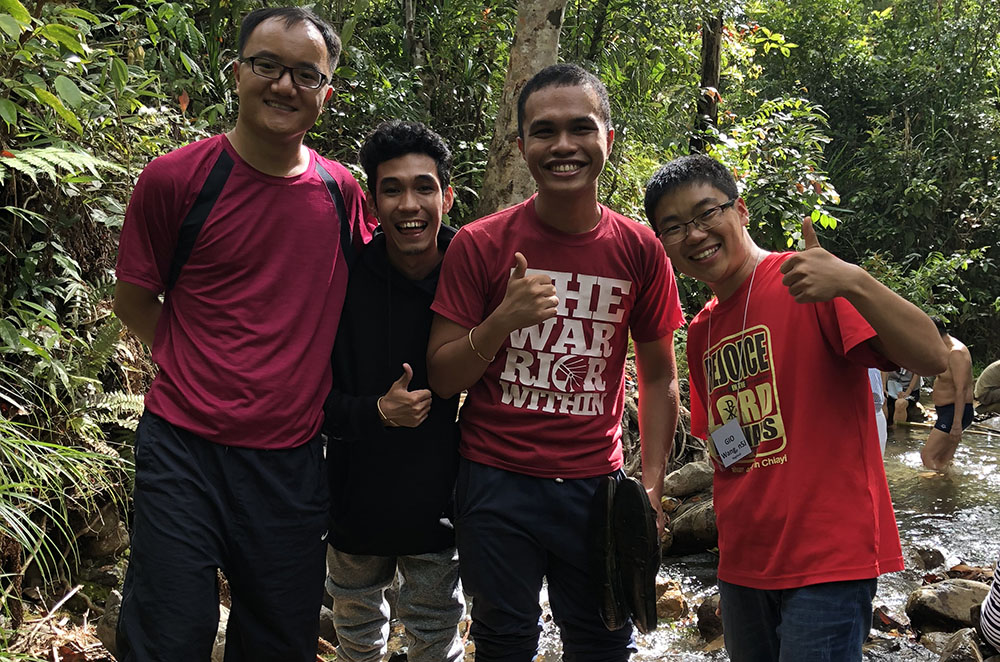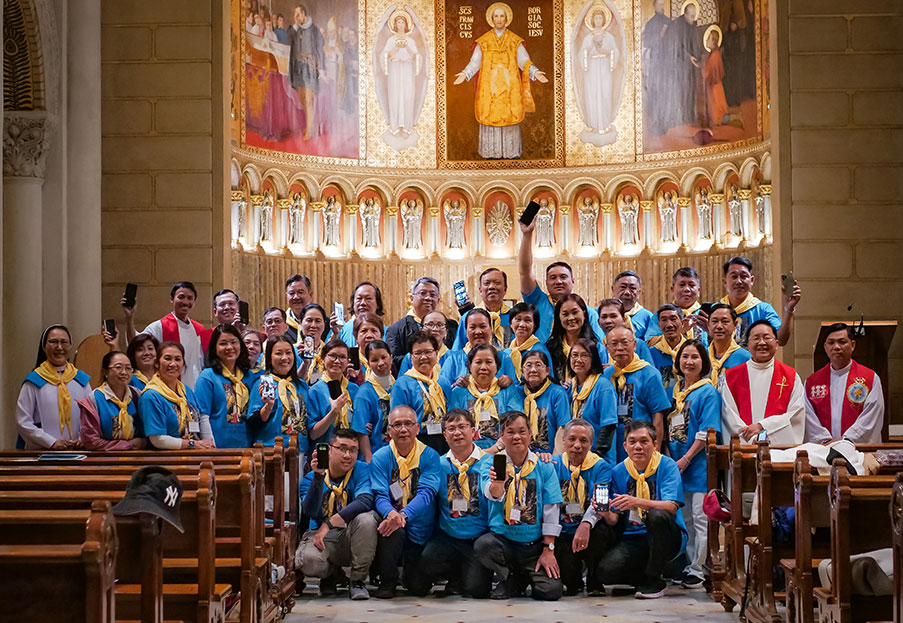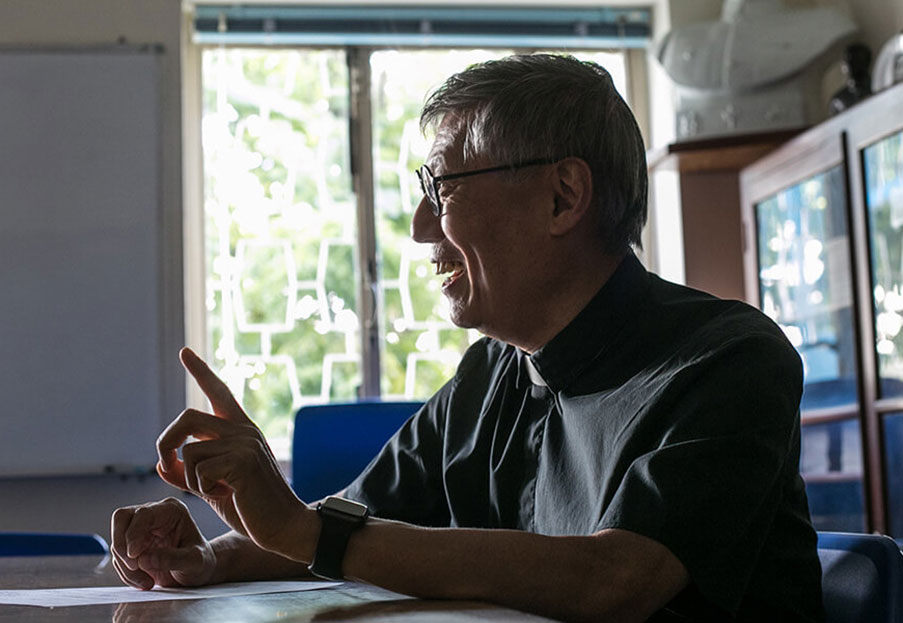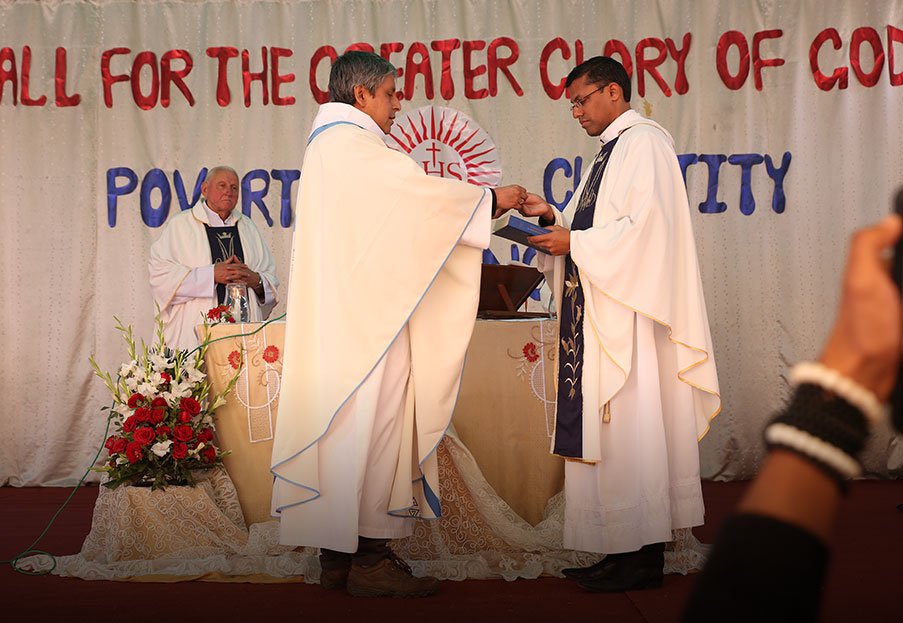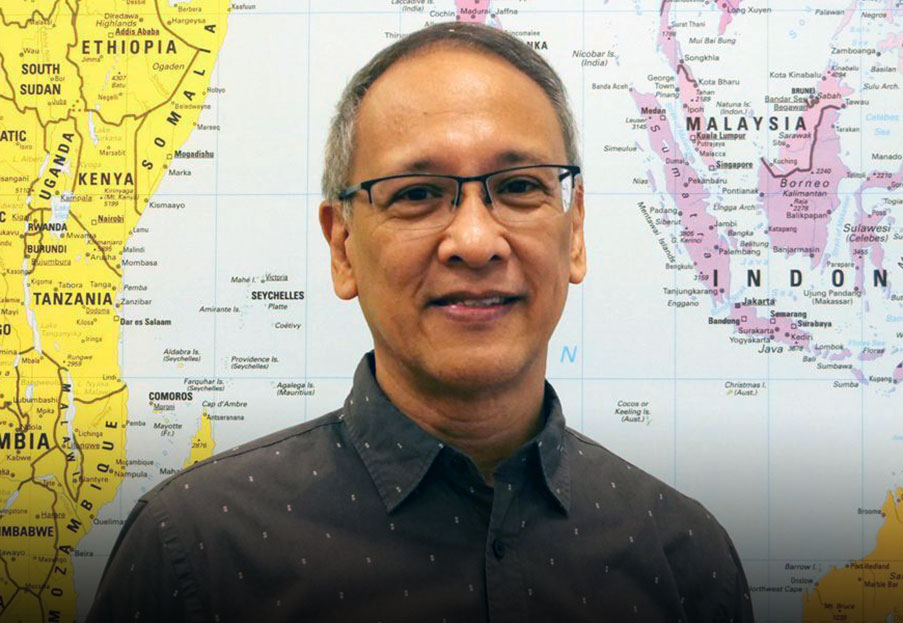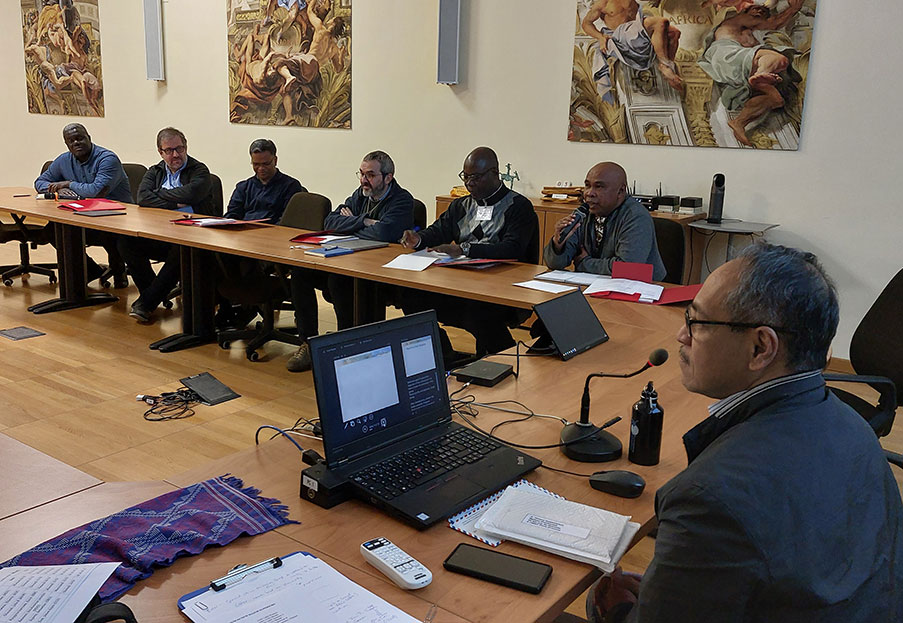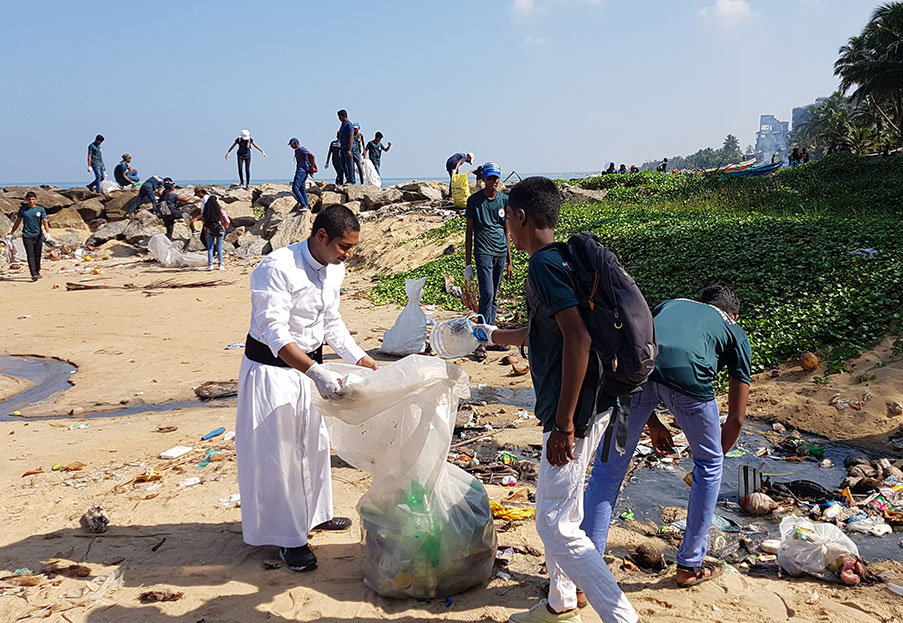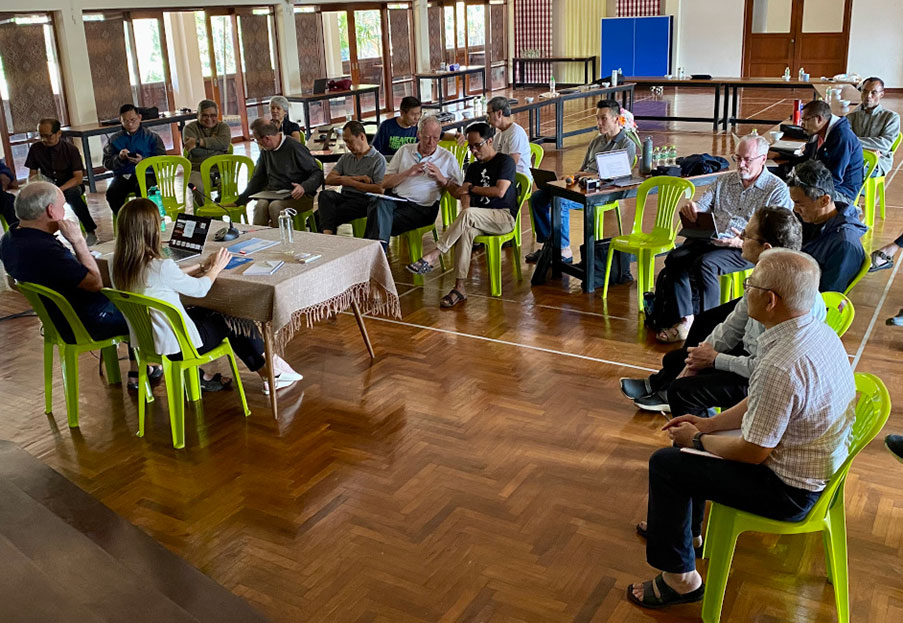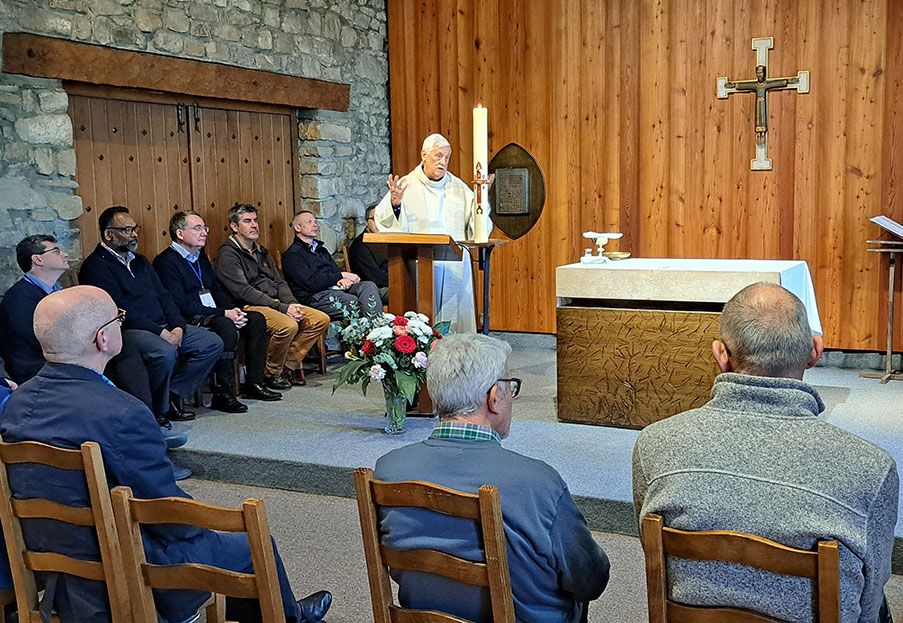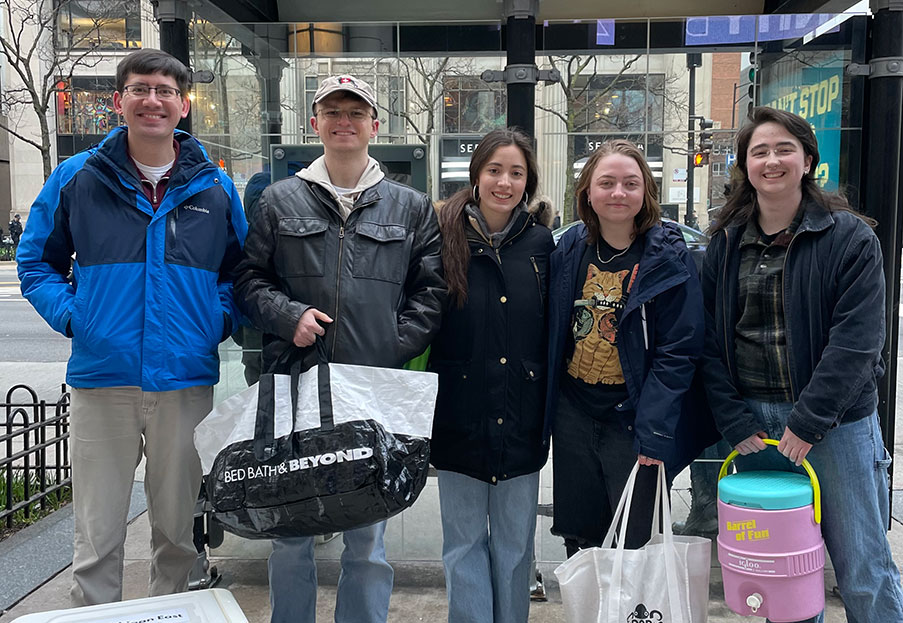The urgency of the next 11 years to change and to act
With 91 authors from 40 countries and over 6000 scientific references, the Special Report on Global Warming of 1.5 oC (SR15) by the Intergovernmental Panel on Climate Change (IPCC) shared with the world the most updated, authoritative scientific advice to governments in October 2018. It expressed a bottom-line warning to deeply reduce global net human-caused CO2 emissions by about 45 % from 2010 levels by 2030 and to reach net zero by 2045.
The world has 11 years to limit global warming to 1.5 oC, and the IPCC report says it is possible to avert the irreversible impact on human and natural ecosystems, on people’s health and wellbeing. Scientists and economists have called the report the most important in IPCC’s history; it expects people to be shaken from complacency and to be mobilized to act.
The Asia Pacific region with its many small island states in the Pacific, millions of coastal and upland communities in its deltas, valleys, and mountains, and the natural hazards in its landscape is particularly vulnerable to extreme climate events brought about by a warming climate and presently experienced in highly susceptible areas.
Flooding and landslides, sea-level rise, the creeping impact of a prolonged drought by an El Niño event translate into disasters when people are caught unprepared because they do not have the basis to prepare. The most vulnerable are hardest hit as there are few options, and often none, that can secure them from the shock of losing food sources, houses, livelihoods – if they survive.
The 11 years remaining need to have cumulative action plans at the community level while accompanied by broader assistance from government and civil society. The most effective time to act is when there is no extreme event, when there is no disaster taking place and the vulnerability and violation of human dignity is evident and experienced daily.
The 11 years remaining call for a change of lifestyle and of attitude to how life needs to be lived that involves a radical shift from consumerism to personal lifestyle choices that are simple, sustainable, and caring for what nature has provided. These are critical in the witness to a life-mission.
The 11 years remaining must transform the linear economic model of
“make, use, and dispose” to one that is circular and regenerative, minimizing
waste and maximizing resources to their fullest value and recovering and
reusing these resources.
The 11 years remaining need both personal movements of the heart and mind and social movements that start from below. There is a growing global movement of young students going out of their classrooms, encouraged by teachers and parents, and calling out their governments for their inaction on climate change. There are eco-agriculture farms where the youth are encouraged to work with the land anew, grow, and produce sustainable nutritious crops, vegetables, and livestock, free from inorganic chemicals. Urban agriculture and gardening are also emerging in inner-city communities. Coastal clean-ups and regeneration of mangrove and marine sanctuaries work best with local communities in collaboration with local governments, the private sector, youth and student groups, and others.
The 11 years remaining should multiply and hasten current efforts in the different works of Jesuits and partners and also give more critical support and attention to the social apostolate where there is collaboration with social centers, local parishes, community and people’s associations, development-focused organizations, ministries for indigenous communities, among others. The social apostolate cannot remain an adjunct to the education apostolate and requires a collaboration in equity. The Jesuits have to not only discern and discuss, but act. It is essential to take action through deeds that confront violations of human dignity and that seek real paths of reconciliation and justice. These are essential in moving into a new era where the human right to a stable climate is fundamental, and the youth hope and participate in a caring world order.
Laudato Si’ called for change and for action three years before the IPCC SR15 and urgently spoke of the need for change in lifestyles, production, and consumption, for transformation in economic models, for caring for one another and for our common home. Integral ecology and ecological citizenship are two key points that Pope Francis focused on as points for action, the former an internalizing and analysis of personal lifestyles and attitudes and the latter an engagement outside that is necessary to form critical significant movements that can have effective and meaningful change. “The climate is a common good, belonging to all and meant for all” (LS 23).
Laudato Si’ and the IPCC SR15 are humanity’s roadmaps for
action in reckoning with a changing climate: Everyone has a role, and everyone
has a responsibility. Moreover, in the social apostolate, where Jesuits and
partners are asked to reconcile with God, with neighbor, with creation, there
is massive work to be done.
[Article from "Jesuits - The Society of Jesus in the world - 2020", by Sylvia Miclat]
